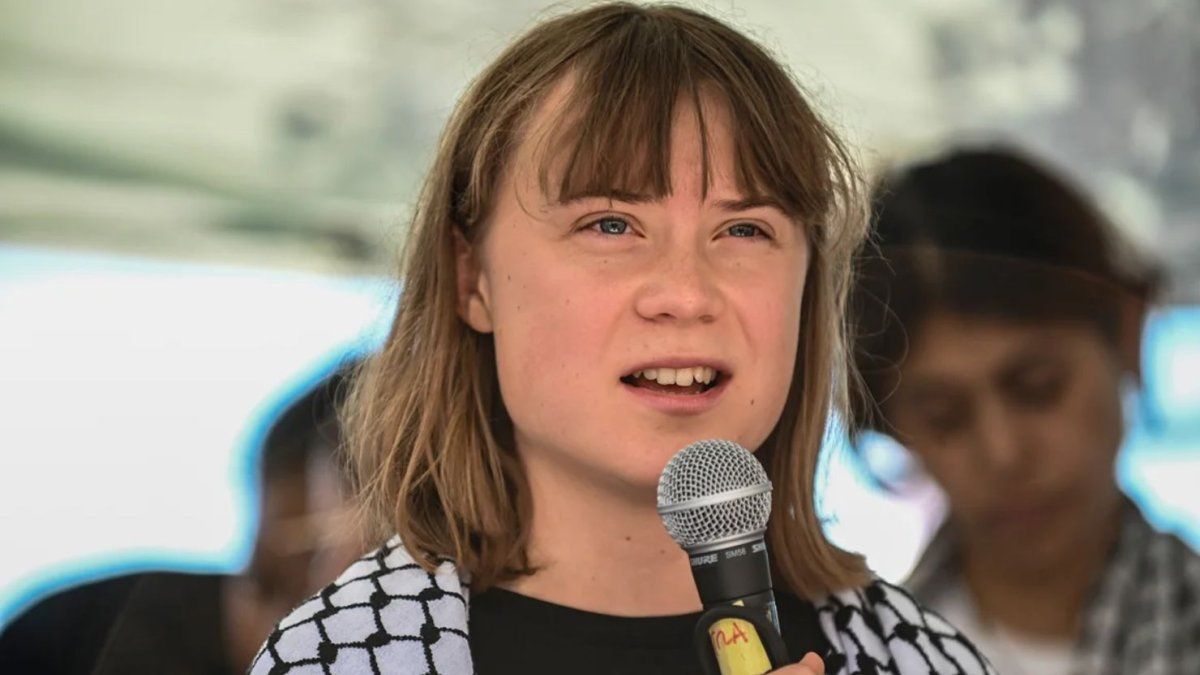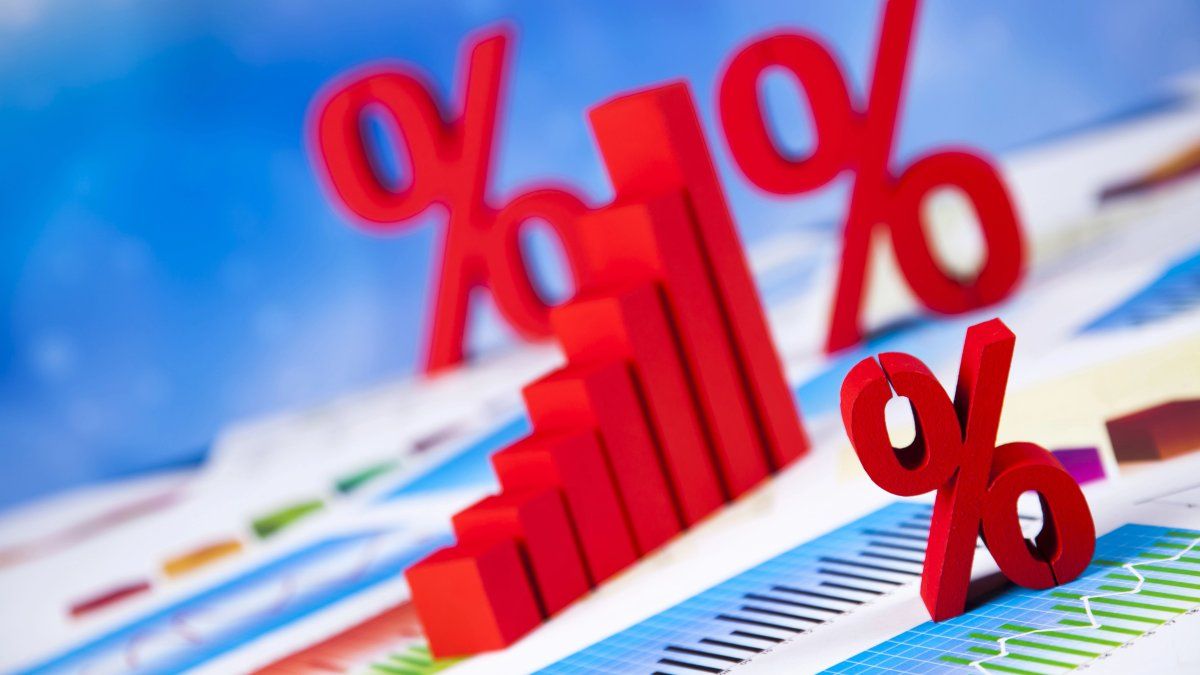He tax debate has already emerged since the end of last year as one of the pillars of the campaigns against the elections that will determine who will be the next president of Uruguay, once the term of office ends Luis Lacalle Pou. Not only because of the fundamental role that this government tried to give to the tax issue, but also because of the delicate fiscal situation that the next national administration will have to face. In that sense, the pre-candidate for Colorado Party, Gabriel Gurméndez proposed reducing taxes by 500 million dollars in one year.
He had already advanced it along with the presentation of his economic team, which includes the former director of the Planning Office and Budget (OPP) Isaac Alfie and the former president of Central Bank of Uruguay (BCU) Julio de Brun: one of Gurméndez’s commitments to a possible government will be to reduce the tax pressure on Uruguayans by about 500 million dollars annually, based on the use of 50% of the savings derived from a potential rationalization of the public sector national.
As he explained again in dialogue with Radio Monte Carlo, the Colorado pre-candidate maintains that “Uruguay could more than double its economic growth” and apply “measures that have to do with deregulation, eliminating some corporate interests and monopolies” to improve competitiveness and alleviate some costs that make the country “so expensive.” From this and as a consequence”, 500 million dollars annually could be “returned to the taxpayer” in reduction of the Social Security Assistance Tax (IASS) and of Personal Income Tax (IRPF).
“With my team I know how we are going to do it,” he said in this regard; and he remembered that in Antel costs were reduced by up to four times. According to the former president of the state company, that is the path and the imprint that he would give to a government that has him as a leader.
The crossing with Cosse
But the tax issue does not only appear in terms of proposals – as, for example, in the case of the former Secretary of the Presidency and pre-candidate for the National Party, Álvaro Delgado, who assured that in his eventual administration he will not raise taxes—; but it is also a topic of exchange and discussions among those who are already registered in the electoral race that is just beginning to take its first steps.
In the case of Delgado, delving into the tax debate brought him a back-and-forth with who is shaping up to be his main opponent in the general elections, the mayor of cannelloni and pre-candidate for Broad Front, Yamandú Orsi. He pointed out that the promises of Lacalle Pou’s possible successor were lies and that society did not want to “trip over the same stone twice,” in reference to the current president’s campaign promise not to raise taxes or fees during his administration.
Gurméndez’s proposal also had repercussions: consulted about it, the mayor of Montevideo and FrenteAmplista candidate, Carolina Cosse, He wondered why the members of the government who are running as candidates promise to lower taxes instead of doing it now or earlier, during the administration of the Multicolor Coalition.
In response, the former president of Antel insisted that his tax reduction proposal is based on the knowledge of how to do it. “The candidate who wastes public money will never do it. “She doesn’t propose it, she doesn’t know how to do it, nor is she interested,” she accused on social networks.
Embed
They ask him about my proposals.
I propose to reduce people’s taxes by USD 500 million dollars per year because with my team I know how we are going to do it.
The candidate who wastes public money will never do it. She doesn’t propose it, she doesn’t know how to do it, she doesn’t… pic.twitter.com/2vHmYE3F3W
— Gabriel Gurméndez (@ggurmendez) February 9, 2024
For their part, other Colorado pre-candidates also made comments on the tax issue: the Minister of Tourism Tabare Viera He assured that “we have to work to lower taxes”; while the former president of They code of the ANEP, Robert Silva, He urged the Frente Amplio to define whether or not it will raise taxes if it wins the elections. But neither of them made specific proposals in this regard, unlike Gurméndez.
Source: Ambito




